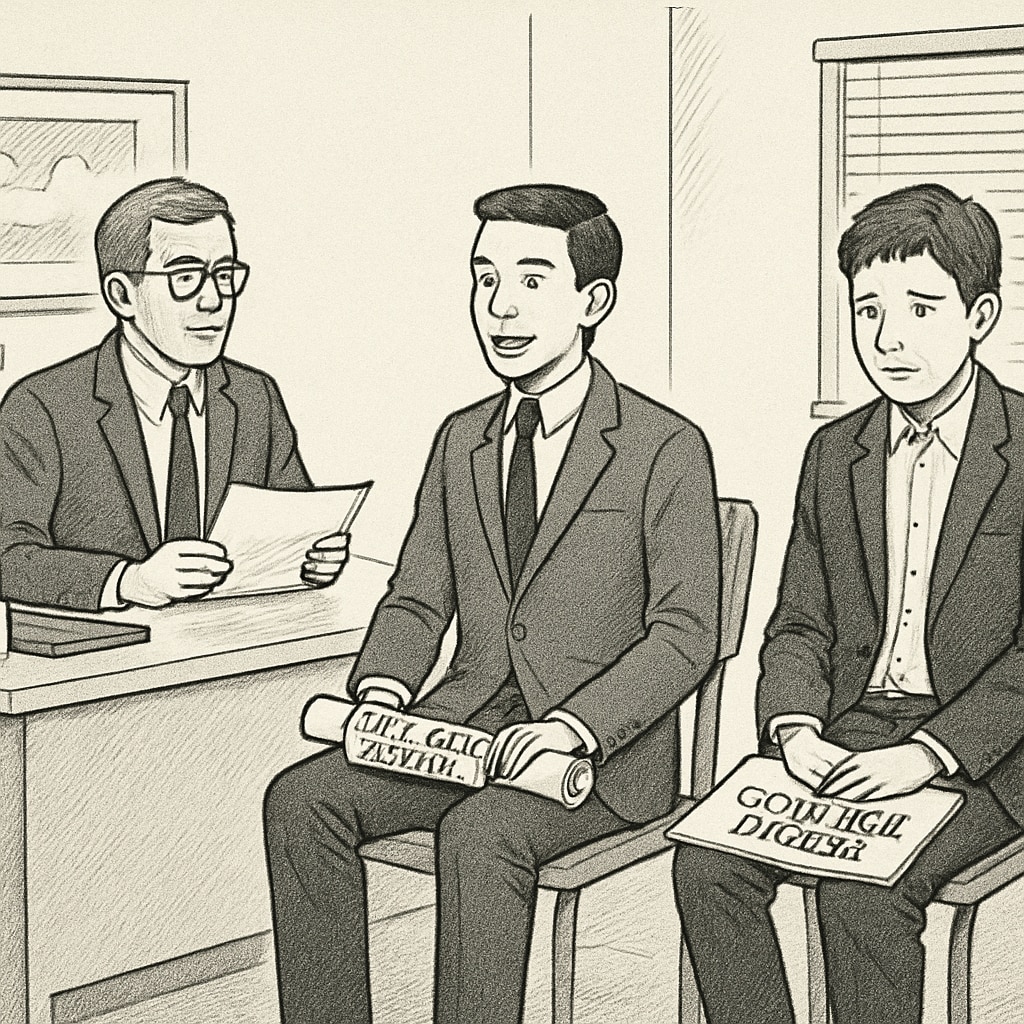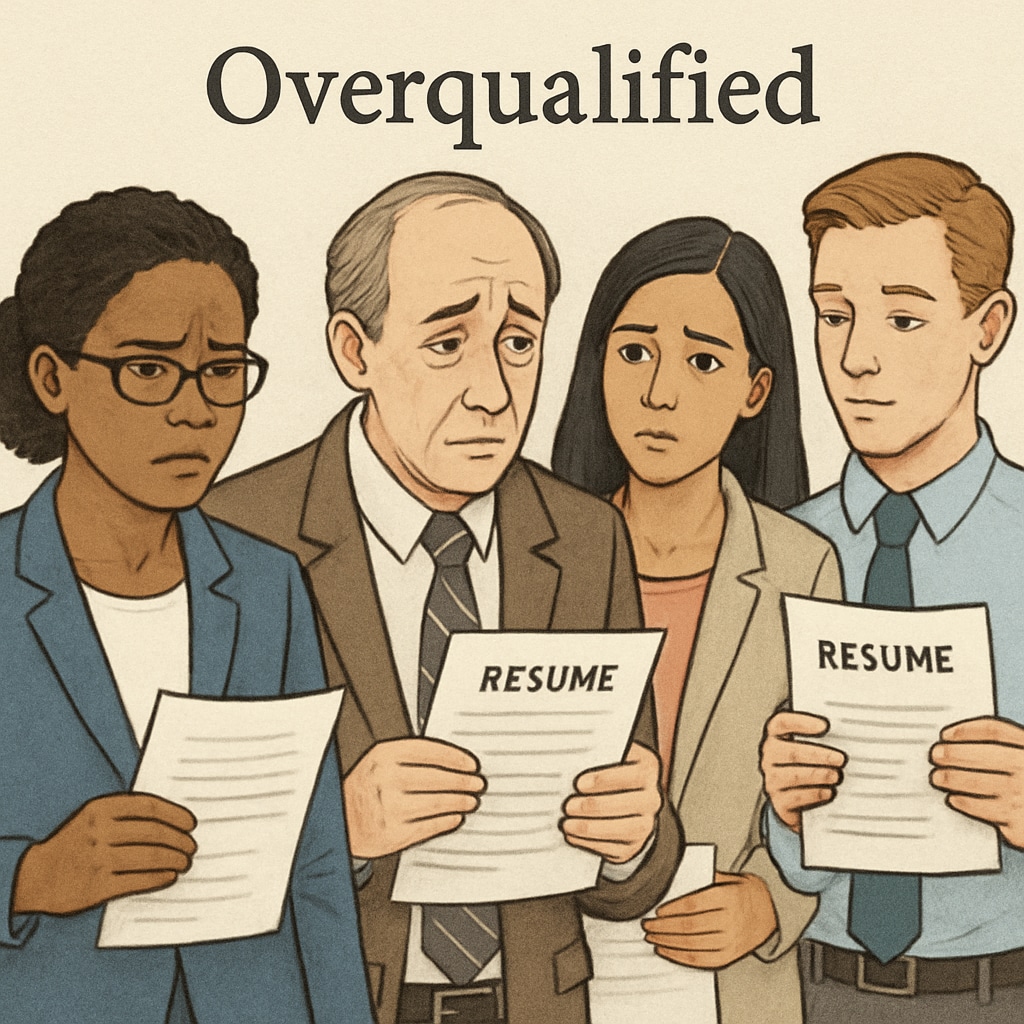The paradox of “education discrimination, job qualifications, and education recognition” is glaringly evident in Arizona, where employment criteria often disregard higher education achievements. Imagine holding three college degrees, yet being deemed unqualified for a job that requires only a high school diploma. This contradiction highlights a systemic issue in how education is valued and evaluated in the state’s workforce policies.
The Problem: When Higher Education Is Undervalued
In Arizona, certain job qualifications prioritize specific credentials, such as high school diplomas or General Educational Development (GED) certificates, over advanced degrees. This creates a scenario where individuals with extensive academic achievements are excluded from opportunities because their qualifications do not align with rigid and outdated criteria.
For example, state and local government jobs often require specific certifications that are tied to high school-level education. Applicants with bachelor’s or master’s degrees may lack these certifications, despite possessing broader skills and knowledge. As a result, their qualifications are overlooked, leading to what can only be described as a paradoxical form of education discrimination.

The Impact on Job Qualifications and Workforce Diversity
This misalignment in job qualifications has broader implications for workforce diversity and economic mobility. By undervaluing higher education, Arizona risks alienating a significant portion of its talent pool. Highly educated individuals may leave the state in search of opportunities elsewhere, contributing to a “brain drain” that weakens the local economy.
Furthermore, this issue disproportionately affects marginalized communities. Individuals who have invested time and resources into higher education often face barriers when their qualifications are dismissed. This perpetuates cycles of inequality and limits upward mobility for those striving to improve their socioeconomic status.

Rethinking Education Recognition in Employment Policies
To address this issue, Arizona must rethink its approach to education recognition in employment policies. Here are some recommendations:
- Adopt Flexible Criteria: Employers should consider a broader range of qualifications, including transferable skills and life experiences.
- Recognize Higher Education Equivalency: Advanced degrees should be acknowledged as fulfilling or exceeding basic education requirements.
- Promote Continuous Learning: Encourage ongoing education and professional development to bridge gaps in specific certifications.
- Audit Employment Policies: Conduct regular reviews of job qualifications to ensure they align with current workforce needs and values.
These steps can help create a more inclusive and equitable job market, where education is recognized as a valuable asset rather than a limiting factor.
Conclusion: Bridging the Gap
The education paradox in Arizona highlights the urgent need for reform in how job qualifications are evaluated. Ignoring higher education achievements not only undermines individual potential but also stifles economic growth and innovation. By addressing “education discrimination, job qualifications, and education recognition,” Arizona has the opportunity to lead the way in creating a fair and dynamic workforce for the future.
As the state continues to evolve, it is critical to ensure that education—whether at the high school or college level—is valued appropriately. Only then can Arizona truly harness the full potential of its diverse and talented population.
Readability guidance: This article uses short paragraphs, lists, and transitions to ensure clarity. Each section is designed to maintain reader engagement while offering actionable insights.


